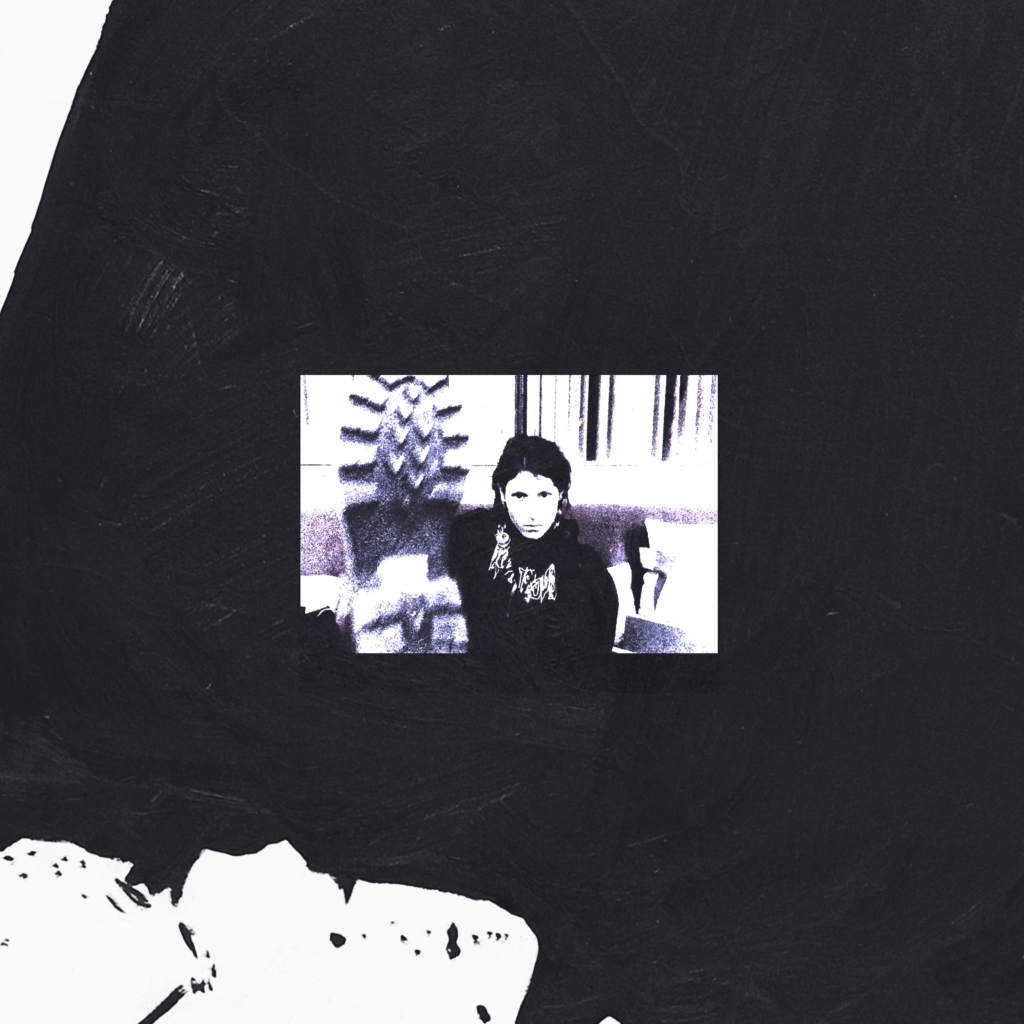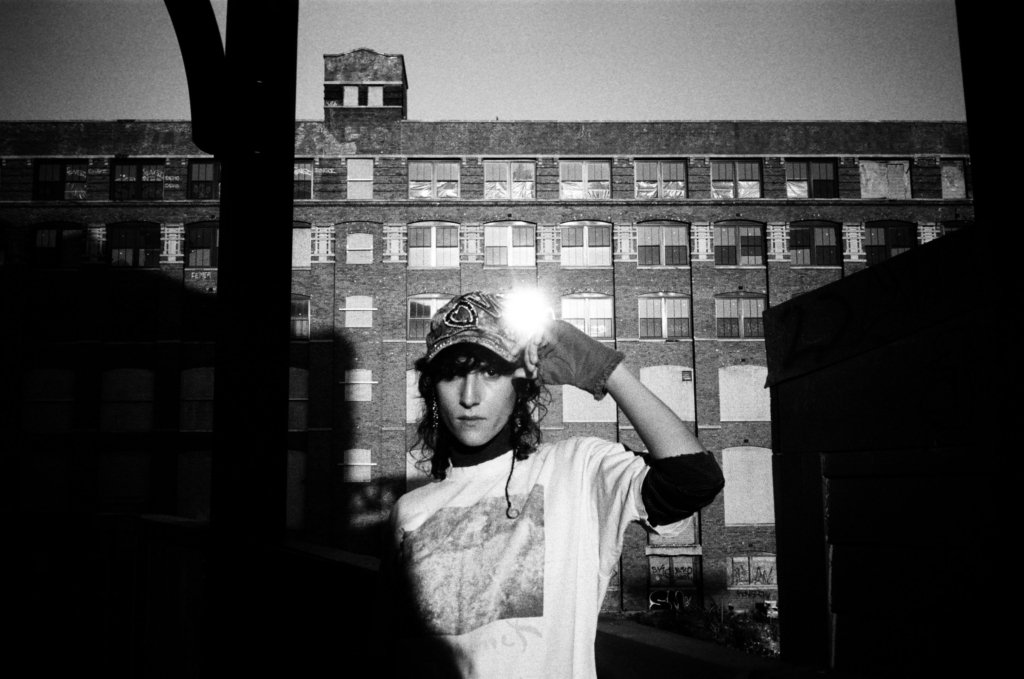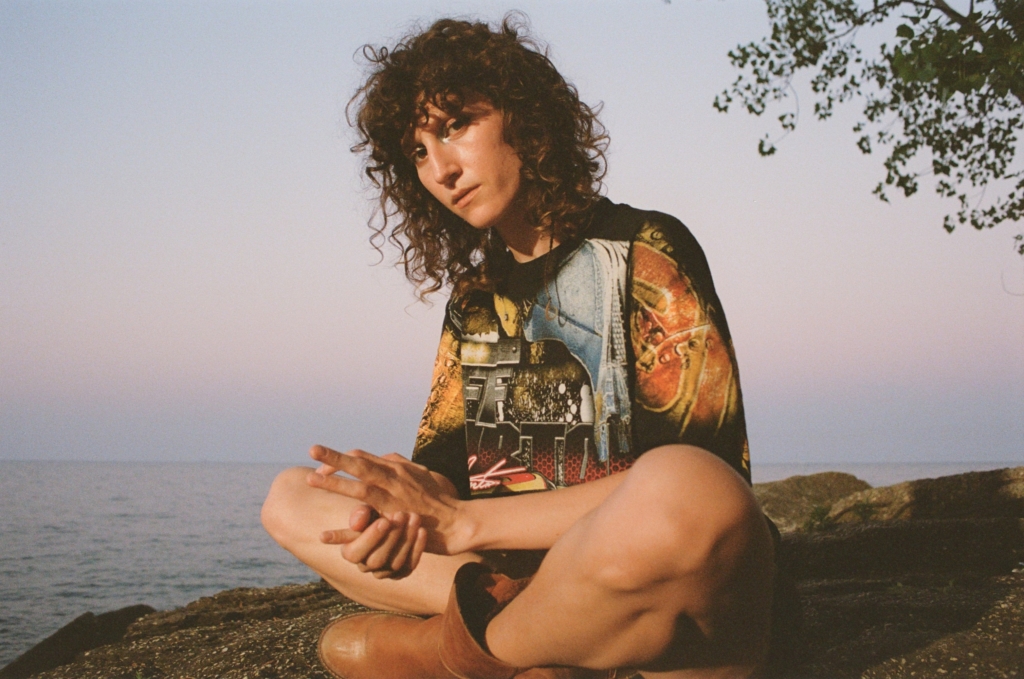Squirrel Flower
Tomorrow's Fire (Polyvinyl)
Contact Jacob Daneman about Squirrel Flower
Just ahead of summer’s final days, Squirrel Flower — the moniker of Chicago-based musician Ella Williams — presents her new single/video, “Intheskatepark,” from her forthcoming album, Tomorrow’s Fire, out October 13th on Polyvinyl. The album glides effortlessly over emotional states of being, lightness and heaviness, and today’s “Intheskatepark,” sounds like a dispatch from a bygone world. The scuzzy pop production nods to Guided By Voices, as Williams sings about crushing under summer sunshine. Of the track, Williams says: “I wrote this song in 2019 on a little toy synthesizer. To me, this song is everlasting summer — even as things change, seasons, feelings, relationships, you can still try and feel the perfect lightness of summer, of a new crush, of a pop riff. It’s best listened to while biking around in the sunshine.”
This fall, Squirrel Flower will embark on a headlining tour beginning in US and extending internationally in 2024, bringing her incredible full-band live set to audiences around the globe. Full dates are listed below and tickets are on sale now.
Following her acclaimed 2021 LP, Planet (i), and its subsequent Planet EP, Squirrel Flower might’ve been labeled something like “indie folk”; but Tomorrow’s Fire is a rock record, made to be played loud. Its double lead single “When A Plant Is Dying” / “Full Time Job” — praised by Consequence as “grungy” and “mournful” — cemented this transition from acoustic tenderness to full-blown catharsis. Tomorrow’s Fire glides effortlessly over emotional states of being, lightness and heaviness, and cements Willaims’ status as one of indie rock’s finest songwriters.
Tomorrow’s Fire was produced by Williams herself at Drop of Sun Studios in Asheville alongside storied engineer Alex Farrar (Wednesday, Indigo de Souza, Snail Mail), and a studio band composed of Matt McCaughan (Bon Iver), Seth Kauffman (Angel Olsen band), MJ Lenderman (Wednesday), and Dave Hartley (The War on Drugs). Its title references that of a novel Williams’ great-grandfather Jay wrote about a troubadour, named for a line by the Medieval French poet Rutebeuf, a troubadour himself: “Tomorrow’s hopes provide my dinner/ Tomorrow’s fire must warm tonight.” Centuries on, the quote spoke to Williams, who describes the fire as a tool to wield in the face of nihilism. Tomorrow’s Fire is what we take solace in, what we know will make us feel okay in the morning, how we light the path we’re walking on.


